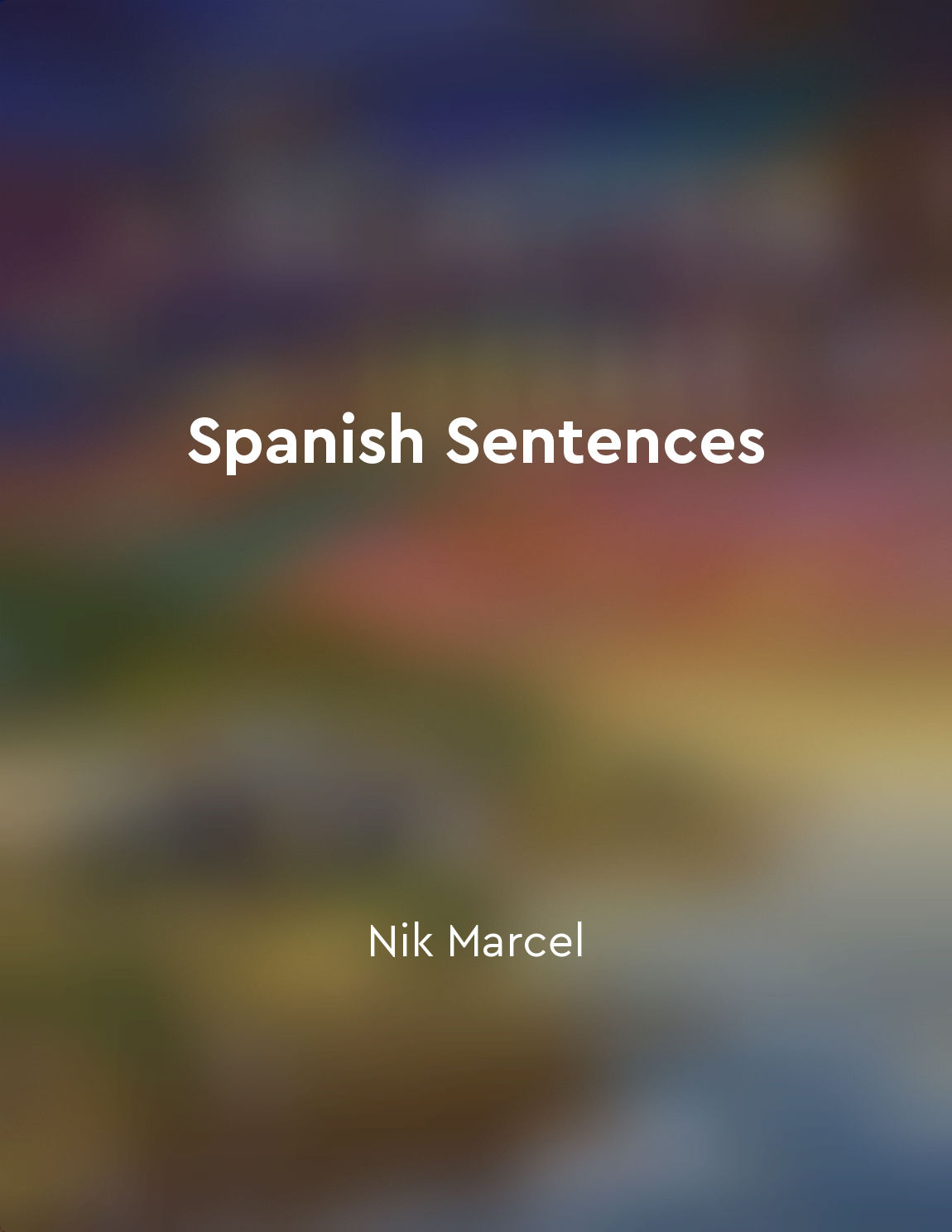Understanding the nuances of gustar and similar verbs from "summary" of 750 Spanish Verbs and Their Uses by Jan R. Zamir,Edgardo J. Pantigoso,Eduardo Estevanovich
Understanding the nuances of gustar and similar verbs is crucial for mastering the use of these verbs in Spanish. Gustar is a unique verb in Spanish as it is commonly used to express likes and dislikes, but it does not follow the typical subject-verb-object word order. Instead, gustar is conjugated based on the thing or activity that is liked or disliked, rather than the person doing the liking. Similar verbs such as encantar, interesar, importar, and molestar also follow this same pattern. These verbs are known as "indirect object verbs" because the thing or activity that is liked or disliked becomes the indirect object of the verb. This can be confusing for English speakers, as we are used to expressing likes and dislikes with a subject pronoun followed by the verb. To use gustar and similar verbs correctly, it is important to remember that the subject of the sentence is the thing or activity that is liked or disliked, not the person doing the liking. For example, to say "I like pizza" in Spanish, you would say "Me gusta la pizza," with "la pizza" as the subject of the sentence and "me" as the indirect object pronoun. Additionally, these verbs are typically used in the third person singular or plural form, even when referring to oneself. For example, instead of saying "Yo me gusta," you would say "Me gusta" to express that you like something. It is also important to note that gustar and similar verbs are often used in the reflexive form to emphasize the liking or disliking of something. For example, "Me encanta el helado" means "I love ice cream," emphasizing the speaker's strong liking for ice cream. By understanding the nuances of gustar and similar verbs, you can more effectively communicate your likes and dislikes in Spanish and avoid common mistakes in their usage. Practice using these verbs in context to solidify your understanding and improve your fluency in Spanish.Similar Posts
Slang terms for talking about money and finance
When it comes to discussing money and finance in Latin America, there are various slang terms that are commonly used in everyda...
Build your vocabulary quickly
Expanding your vocabulary in Spanish is essential for effective communication. To build your vocabulary quickly, it's important...
Offering help and showing gratitude
When you want to assist someone, it's important to offer your help in a polite and respectful manner. In Spanish, you can say "...
Gain confidence in speaking Spanish
This book is designed to help you feel more comfortable speaking Spanish. Each story is written with beginners in mind, so you ...

Develop language skills in a practical manner
The best way to learn a language is by using it in practical, real-life situations. It's one thing to memorize vocabulary and g...
Mexicans often mix slang with standard Spanish in speech
Mexican Spanish is full of unique slang words and phrases that are commonly used in everyday conversation. One interesting aspe...
Conjugating irregular verbs can be tricky
Irregular verbs in Spanish can be quite challenging when it comes to conjugation. Unlike regular verbs, which follow a predicta...
The past tense is used for actions completed in the past
In Spanish, the past tense is used to talk about actions that were completed in the past. This tense allows us to describe even...

The key to mastering Spanish sentences is practice and exposure to the language
To truly master Spanish sentences, one must dedicate themselves to consistent practice and immerse themselves in the language. ...
